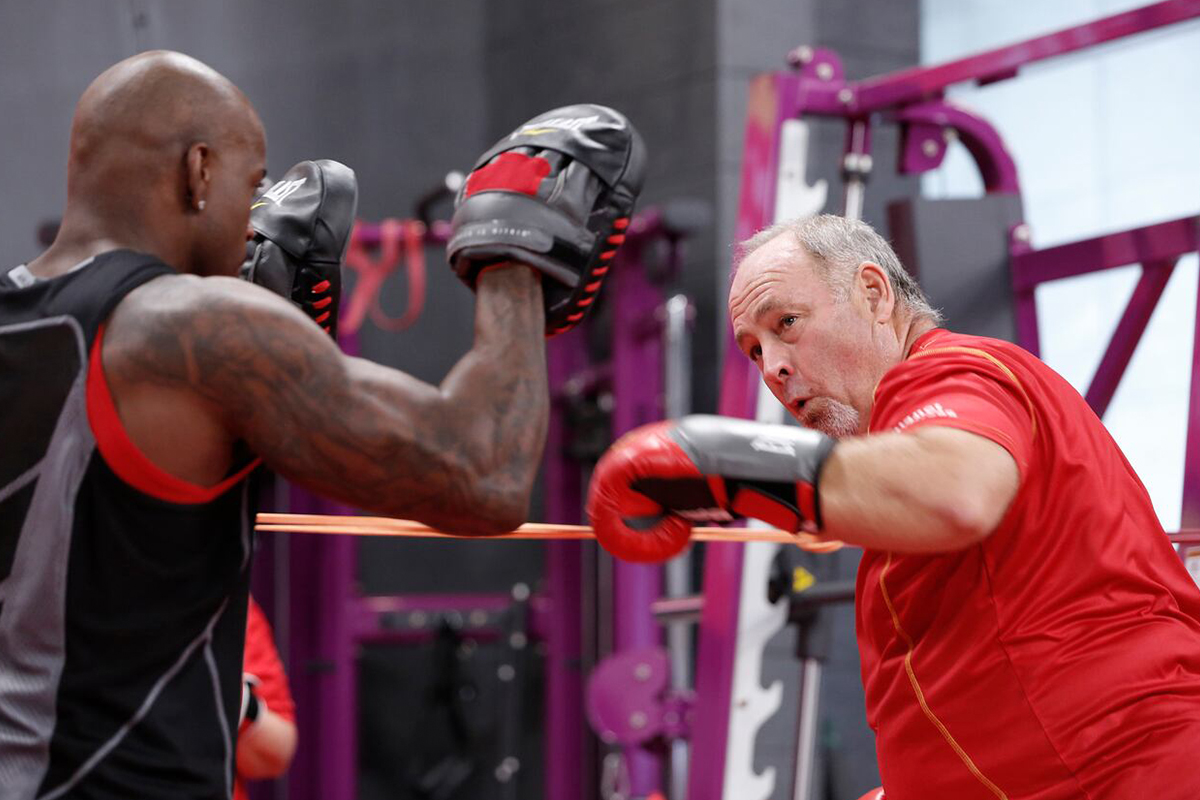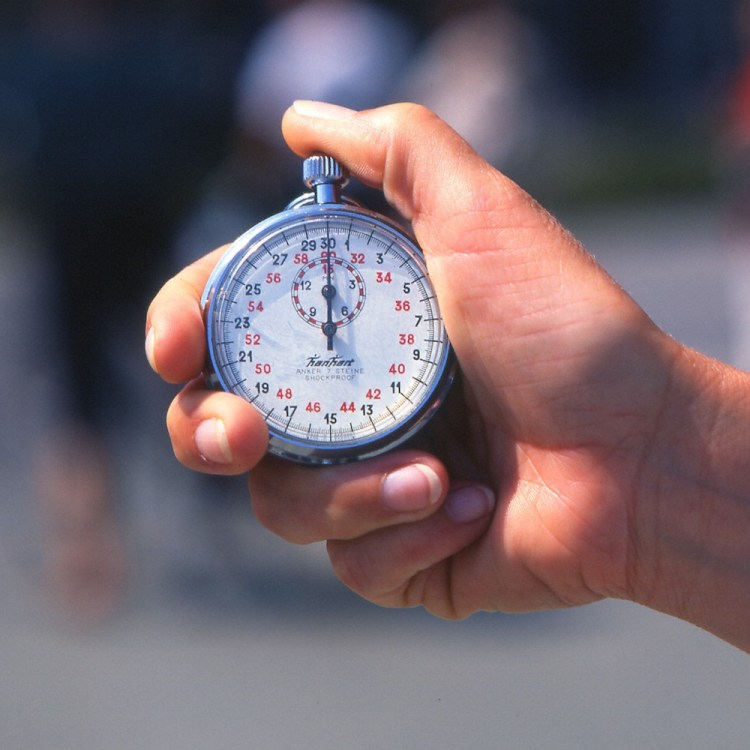One of the many gimmicks on The Biggest Loser was something called “last chance workout.”
It involved the show’s trainers pretty much screaming the phrase over and over again into the faces of the contestants, as they tried to fit one more sweat in before the weigh-in. The implication was clear: if you don’t go all-out for the final session, don’t expect to see great results on the scale.
But this philosophy, as with much of the ideas proselytized throughout the show’s decade-plus run, lacked nuance. Now, research suggests that the show also lacked any foundational science.
The core thesis of The Biggest Loser hinges on the idea that pairing a light diet with an insane amount of exercise in a short period of time is the best way for an obese person to get healthy. But many involved with show have since repudiated that approach. Celebrity trainer Jillian Michaels literally spoke on the subject this week, saying that the producers “gamified weight loss.”
This has been the prevailing narrative for a few years now, especially as the program made its comeback to network television in 2020; health experts (the ones we can trust, at least) want us to know that an obsession with weight loss probably isn’t a good idea, from a physical or mental health perspective.
And according to a new study published in Obesity, a research journal, there is data that directly illustrates how dubious all those “last chance workouts” were. Dr. Kevin Hall, a researcher at the National Institute of Diabetes and Digestive and Kidney Diseases, has spent years interrogating the interplay between obesity, exercise and metabolic health.
Back in 2012, he compared the biometrics of 16 men and women who underwent gastric bypass surgery, with 16 men and women who competed on The Biggest Loser. The findings blew his team away. While the bypass candidates lost fat and muscle, the TBL contestants mainly lost fat (as they were training their muscles so regularly). But each group saw a significant decrease in their resting metabolic rate, a figure for the amount of calories your body burns when completely at rest.
(Scientific aside: your body burns calories no matter what you do. The average man will burn 1,600 just from living through a day. But that rate can fluctuate based on how active you are. If you exercise consistently, that number will drop, because the body is looking to conserve energy. It needs to be as efficient as possible. This is known as the “constrained total energy expenditure theory.” To really wrap your head around the concept, bring yourself back to our hunter-gatherer roots. If you’re running around all day, desperate to catch your next dinner, your body needs to learn how to burn less calories. When applied to modern exercise, this actually means the more you exercise, the harder it is to actually burn calories. It’s an odd way of thinking about it, but exercise can then stand in the way of weight loss.)
Got all that? Don’t worry, it’s complicated. It confused Dr. Hall, too. These are recent ideas, stumbled into over the last 15 years. The majority of TBL‘s run predates them, so those gamey producers can be forgiven, somewhat, for the way they structured the show and the message they disseminated to the world.
But the fact remains — contestants from the show “burn an average of about 500 fewer daily calories than before they joined the show.” The initial hard-work in the gym has two consequences: A) they lose weight and B) their metabolic rate drops. But only B appears to be permanent. There have been countless tales of former contestants gaining all their weight back. Most assume it’s because they started ordering Papa Johns the second they got off the ranch. But the reality is that the boot camp the show put them through — losing that much weight in that condensed period of time — made it harder for them to burn calories in the future.
The catch-22, then, is that continuing to exercise will only keep that metabolic rate low. What are they supposed to do? Well, this research is yet another reminder that diet is paramount. That might be the X factor for sustained, effective weight loss. And for those thinking of putting themselves through a personal Biggest Loser: don’t. Incorporate habits and routines into your life that help you lose weight in a gradual, gentle way. Not in a manner that could plunge your metabolic rate.
To check out the study for yourself, head here.
The Charge will help you move better, think clearer and stay in the game longer. Subscribe to our wellness newsletter today.



















